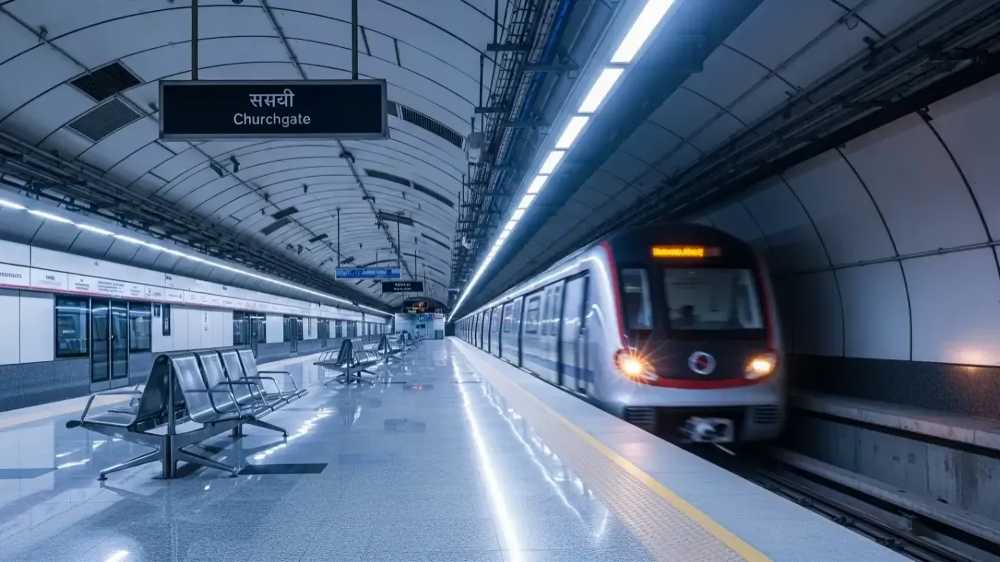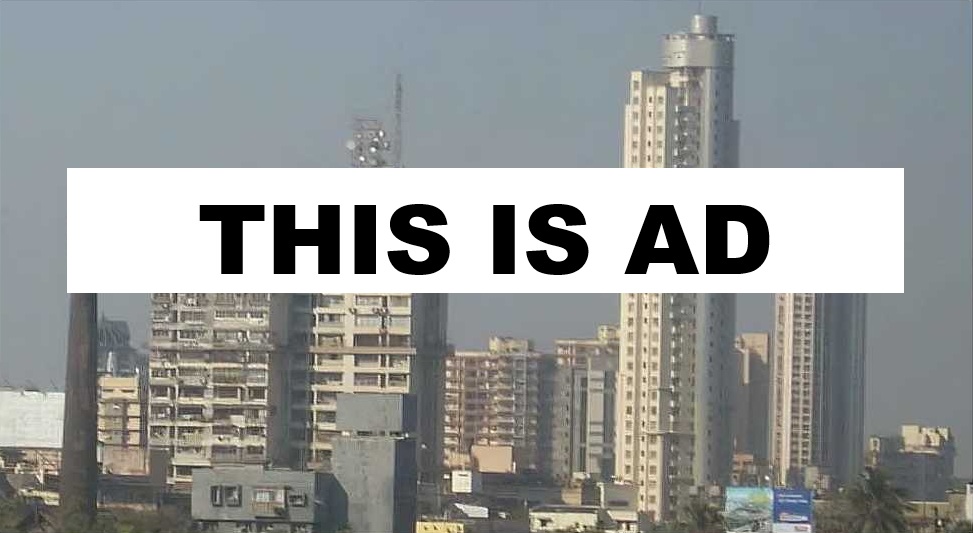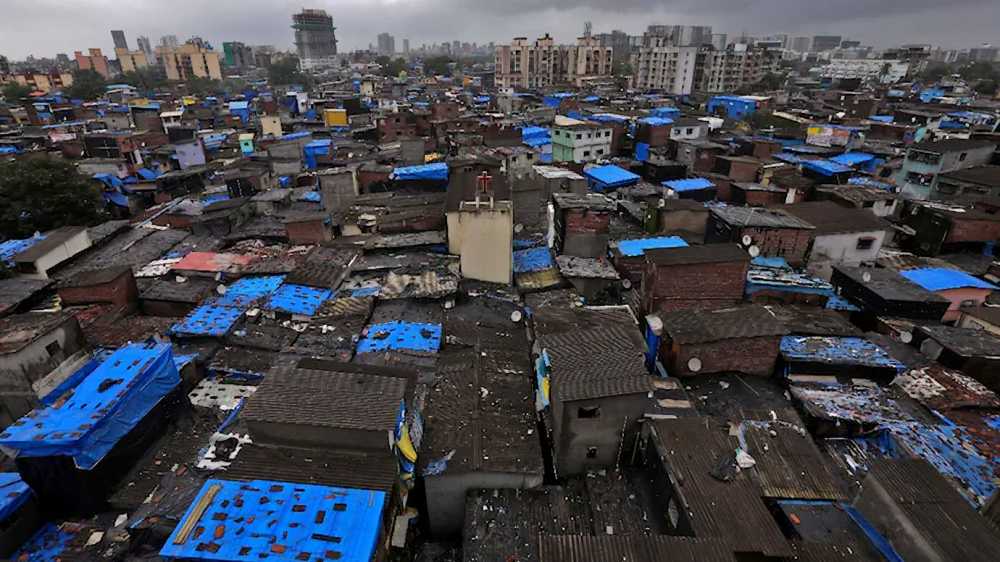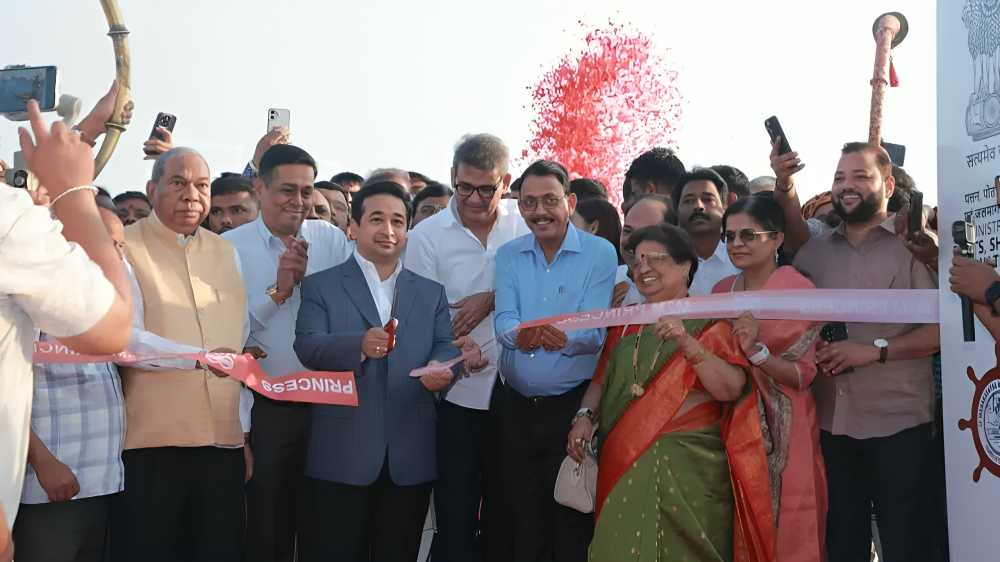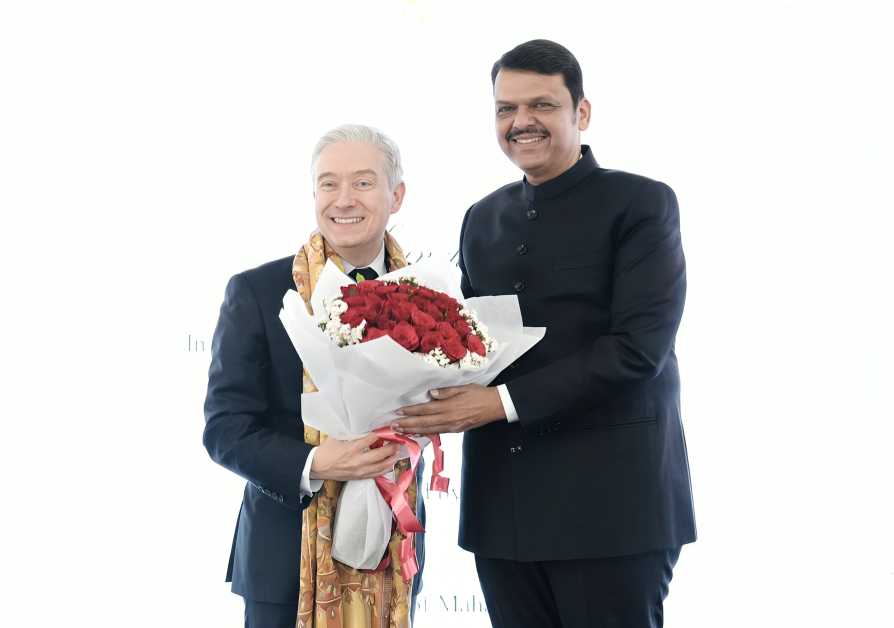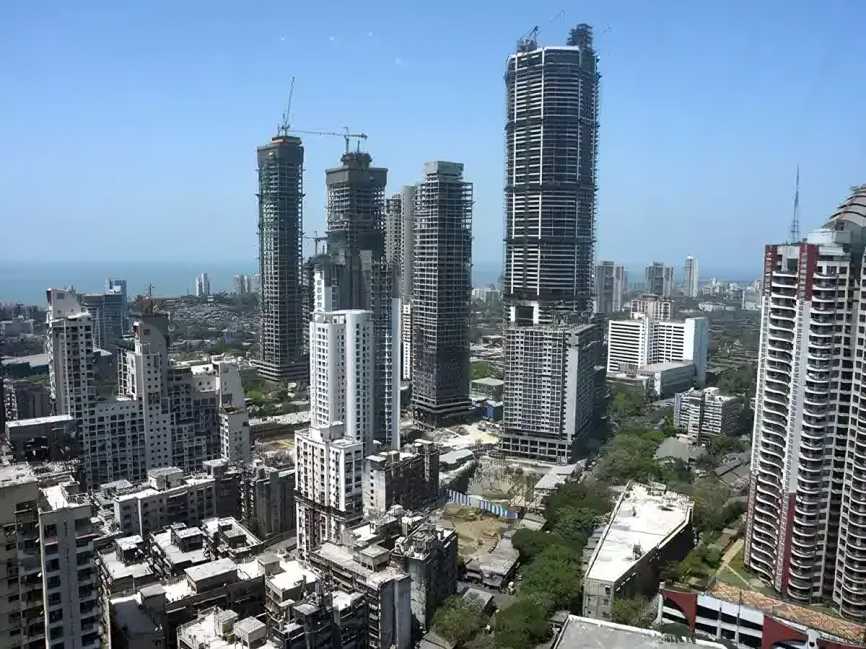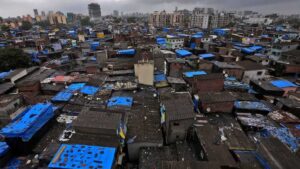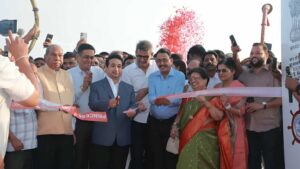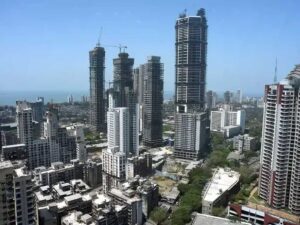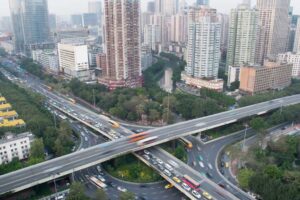August 21, 2025: The state government has sanctioned an extensive package of infrastructure projects across multiple cities, aimed at modernising urban transport and supporting sustainable development. Key initiatives include a new underground metro corridor in Mumbai, a direct road link from Thane to Navi Mumbai International Airport, procurement of 268 fully air-conditioned suburban trains, railway upgrades in Pune, and major expansion plans in Nagpur.
At the heart of the programme is Metro Line 11, a 16-kilometre fully underground corridor connecting Wadala Depot with the Gateway of India. With stations located at key commercial and heritage areas, the Rs 240 billion project will be financed with international assistance. Urban mobility experts predict the line will ease congestion in south Mumbai while providing cleaner, climate-resilient transport options within the city’s historic core.
In Mumbai’s suburban network, approval has been granted for 268 air-conditioned trains under phases 3 and 3A of the Mumbai Urban Transport Project. These modern rakes will replace ageing, doorless trains with energy-efficient stock featuring closed doors and enhanced passenger amenities. Ticket prices will remain unchanged, ensuring continued affordability for daily commuters.
The state has also cleared a 25-kilometre elevated road corridor linking Thane with Navi Mumbai International Airport. Designed to reduce travel times and improve industrial connectivity, the corridor is expected to relieve pressure on congested arterial routes while enabling faster, more sustainable travel between two rapidly growing urban centres.
In Pune, authorities have approved the addition of third and fourth tracks on the busy Pune–Lonavala line to ease congestion and improve operational efficiency. Two new metro stations — Balajinagar-Bibwewadi and Swargate-Katraj — have also been cleared, strengthening east–west mobility across the city.
Nagpur is set to benefit from a new ring road and township project aimed at accommodating future urban expansion and promoting balanced regional development in central India.
Analysts have welcomed these approvals as a significant step towards integrated, climate-conscious development. By combining underground metro corridors, suburban train modernisation, and strategic regional road links, the state government is creating a transport network that is inclusive, sustainable, and future-ready, reflecting a long-term vision for urban and regional mobility.
Source: Construction World




